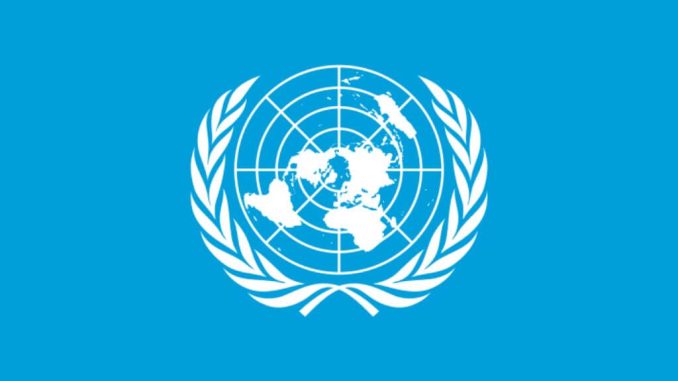Africa’s Growth Projected to Increase from 3.3 to 3.5 in 2024, UN Says

Africa’s Growth Projected to Increase from 3.3 to 3.5 in 2024, UN Says
Africa’s growth rate is projected to slightly increase from 3.3 per cent in 2023 to 3.5 in 2024, while global growth is expected to slow down. Global growth is expected to slow down from 2.7 per cent in 2023 to 2.4 per cent in 2024.
The UN’s World Economic Situation and Prospects (WESP) report for 2024 launched in New York on Thursday also projected growth for the Least Developed Countries (LDCs). The flagship forecast notes that the LDCs are projected to grow by five per cent in 2024, yet this falls short of the seven per cent growth target under the Sustainable Development Goals (SDG).
It states that the global labour market presents a mixed post-pandemic picture. According to the report, developed countries experienced a robust recovery with low unemployment rates, notably 3.7 per cent in the U.S. and six per cent in the EU in 2023, coupled with rising nominal wages and narrowing wage inequality.
“However, real income losses and labour shortages pose challenges. “Developing countries show mixed progress; while nations like China, Brazil, Türkiye, and Russia report declining unemployment, gender gaps, and high youth unemployment persist.
“Globally, the decline in women’s labour force participation came to 47.2 per cent in 2023 (compared to 48.1 in 2013) and the high NEET rate (not in employment, education or training) of 23.5 per cent among youths highlight enduring challenges,” said the report.
It said there was a notable slowdown in investment growth across both developed and developing economies.
“While developed countries have continued to channel investments into sustainable and technology-driven sectors like green energy and digital infrastructure, developing countries face challenges such as capital flight and reduced foreign direct investment.
“Global investment growth is expected to remain low due to economic uncertainties, high debt burdens, and rising interest rates. “Investment in the energy sector, especially in clean energy, is growing but not at a pace sufficient to meet the net-zero-emissions goal by 2050,” the report stated.
It also noted that international trade was losing steam as a growth driver, with global trade growth weakening to 0.6 per cent in 2023, recovering to 2.4 per cent in 2024. The report observed a shift in consumer spending from goods to services, rising geopolitical tensions, supply chain disruptions, and the lingering effects of the pandemic as factors impeding trade growth.
“Furthermore, the shift towards protectionist policies in some countries has also influenced trade dynamics, leading to a reevaluation of global supply chains and trade agreements,” it said.
The report noted that developing countries faced high levels of external debt and rising interest rates, making access to international capital markets difficult. It added that there was a decline in official development assistance and foreign direct investment for low-income countries. (AFRICANGAZETTE)
read more:
- Delta Governor Appoints Songwriter, Harrysong as Executive Assistant
- Port Harcourt Refinery Will Be Completed for Test-Run in January, NNNPCL Hint
- Keke Ban: Publisher TarakiriVoice Writes Bayelsa Governor, Calls for Lift
- Watch Nigerian Movie Today Showing Rude China 5 January 2024
- Awaken Abuja 2024 with Evangelist Isaac Oyedepo Day 2 | Friday 5th January






